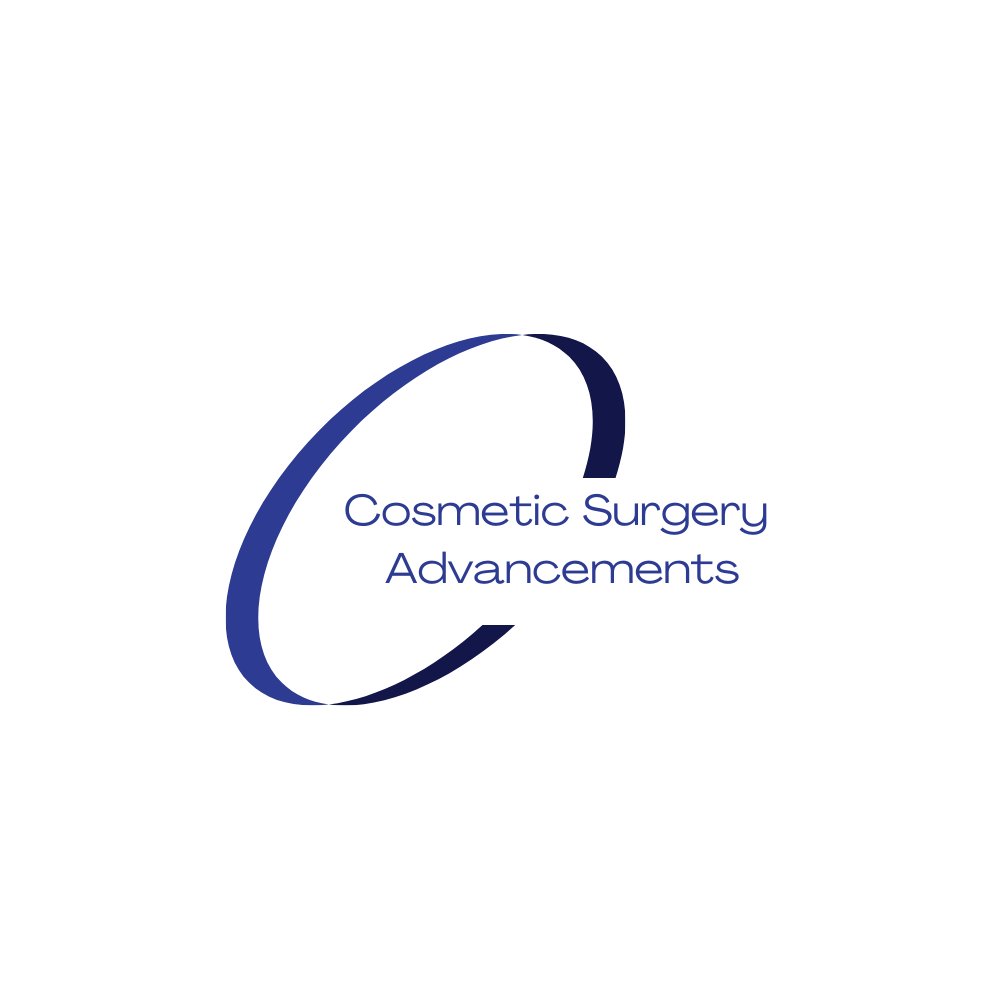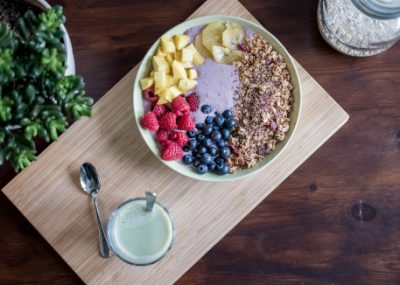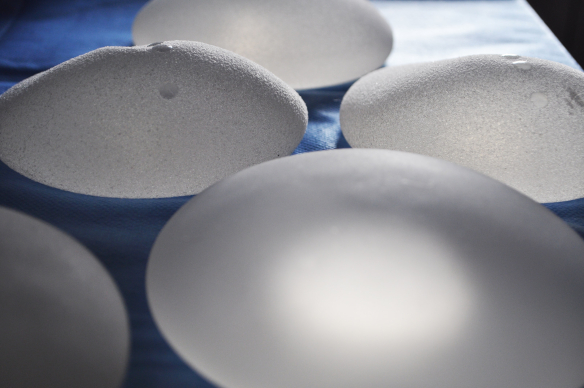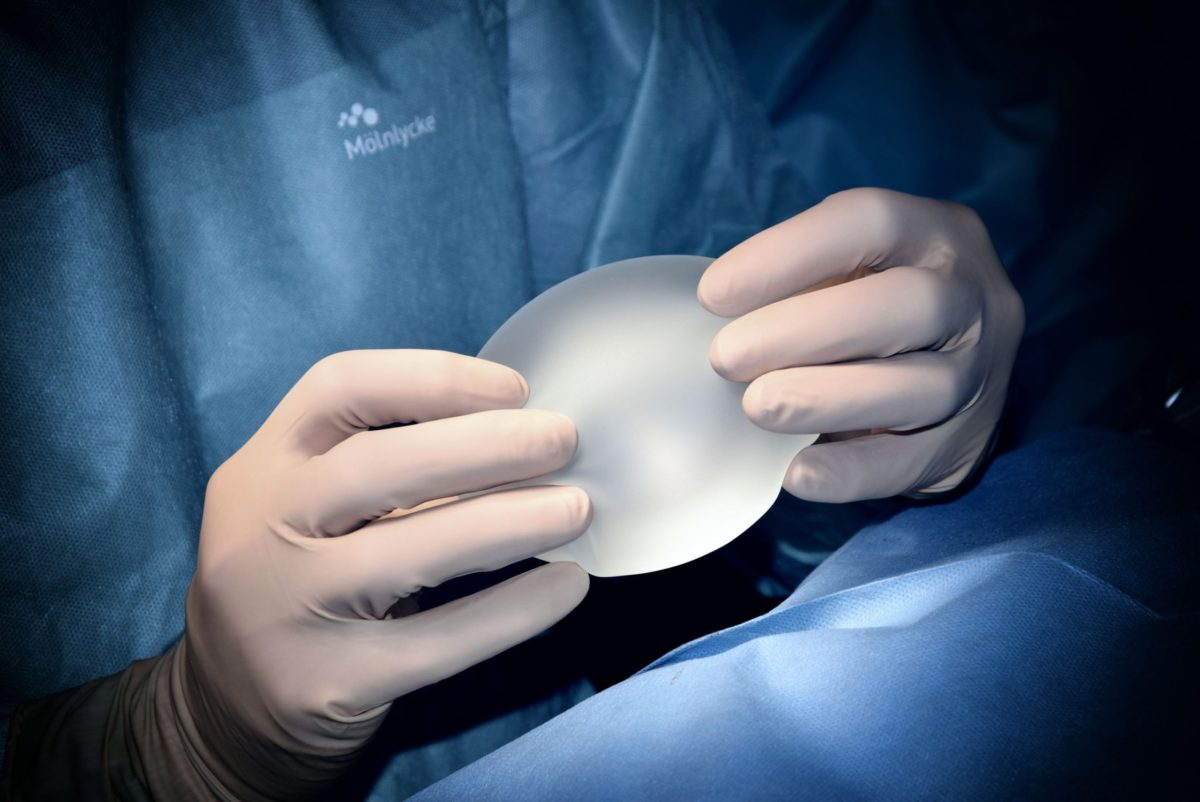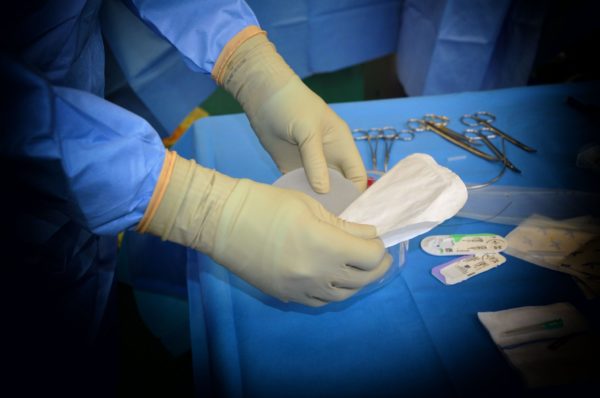NUTRITION,STRESS AND SKIN CARE –
Essentials Pre and Post Plastic Surgery
Pre-Op:-
Eat more:
Protein provides building blocks for our muscles, bones, and our immune system.
At least 1 – 2 weeks before surgery, make sure to eat enough protein, research
has shown that 65 – 100 grams per day are proving to be the optimal amount.
Fruit and vegetables, specifically, greens. Greens are great for your skin and
repair muscles, bones, and cartilage because include vitamins C, K and
magnesium.
Whole grains are a source of B vitamins which help your body to combat stress.
Reduce:
Sugars, caffeine and alcohol. Try to avoid empty calories.
Empty Calories
Calories derived from foods high in added fats and sugars. Try to avoid highly processed foods.
Calories that are good for you .
Calories derived from certain foods that contain quality protein , healthy forms of fat, high amounts of fibre and are rich in vitamins and minerals.
Essential Fats.
Food containing healthy forms of fat such as omega-3 fatty acids, monounsaturated fatty acids and polyunsaturated fatty acids.All fats your body needs .
Fish
Nuts
Certain vegetable oils :- flax-seed, soybean and sesame.
Protein
Your body needs the amino acids in protein to build and repair cells and tissues,muscle, bone and a healthy immune systems.
Skimmed milk.
Chicken.
Fish.
Beans , Peas and lentils.
Vitamins and Minerals.
Vitamins and minerals are nutrients your body needs in small amounts to work properly and stay healthy.
Green Vegetables
Eggs.
Nuts and Seeds.
Legumes.
Post-Op
Eat more:
Surgery increases the body’s need for calories, and you need more calories for
optimum healing.
Fiber should be regularly eaten to help maintain normal bowel movements and
prevent constipation.
Protein is advisable to include with every meal to help strengthen your muscles
and bones.
Vitamin C helps the body heal, satsumas and tangerines are easy to eat after
surgery to boost vitamin C.
Remember to drink plenty of water. To avoid constipation, drink at least six to
eight cups of fluid a day.
Vitamins:
ADEK – non water soluble vitamins A, D, E and K should only be taken up to the recommended and no more, as too much can put stress of liver and kidney function.
Stress and Surgical Complications
Pre-Op
The impact of stress on wound repair has been observed across different
methodologies and with different healing outcomes and most results have
replicated in at least two independent laboratories.
Collectively, results from
observation, experimental, and intervention studies provide strong evidence
that psychological stress can influence wound healing. https://www.ncbi.nlm.nih.gov/pmc/articles/PMC3052954/
Prior to surgery try an online meditation course and avoid situations that may make you feel stressed, if at all possible.
Post-Op
After surgery make sure you have everything you need. Stock up on easy to eat,
healthy food and if you have children try to arrange for some extra help for at
least the first few days after your procedure.
Skincare
Pre-Op and Post-Op
Breast Augmentation, Breast Lift, Revision Surgery and Reconstructive Surgery,
all involve stretching the skin.
When skin is stretched this can cause stretch
marks and also thinning of the skin (skin atrophy).
Stretch marks can be pink,
red, brown, black, silver or purple. They usually start off darker and fade
over time.
Their severity is affected by several factors, including your
genetic tendency, degree of stress on the skin and cortisone level. Cortisone,
a hormone produced by the adrenal glands when your body or mind is stressed,
weakens elastic fibres in the skin. They are more likely to occur if you are
female, especially if you lose or gain weight quickly.
There is no way to prevent stretch marks. However, using a quality skin cream
both pre-op and post-op, after any stitches have been removed/dissolved, may help
reduce the appearance of stretch marks.
